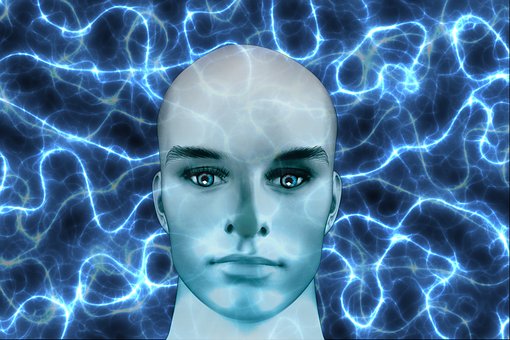
Neuroregeneration
Different factors can contribute to the loss, damage or death of brain cells. When this happens, a person is likely to develop degenerative disease which may manifest in different ways.
Is brain regeneration possible?
For many years it was believed that neurons can never regenerate, but science has proved otherwise. A study conducted in the early 1990s revealed that stem cells in the hippocampus were able to regenerate. This opened the door for research into a cure for degenerative disease. Another study that followed showed that stem cells in the amygdala were also able to regenerate and form new cells.
Development of brain cells
Most of our brain cells develop during intra uterine life. At birth most of us will have more than the number of brain cells that we need. This number will reduce naturally though the process of apoptosis. After this, we are left with a complete set of brain cells that we need for proper brain functioning.
But as we journey through life, our neurons are subjected to harsh elements that may cause injury or the death of neurons. When this happens, we begin to lose some brain function or at least show signs of slowing down of cognitive abilities. As mentioned earlier, it was previously believed that this process was irreversible, and people were condemned to the fate of degenerative diseases. Fortunately, this is not the case as brain regeneration in adulthood is a possibility.
Recent studies have shown that brain cells in the hippocampus region of the brain can regenerate. A study investigating carbon dating showed that cells in the hippocampus that died were continuously being replaced by new cells. The hippocampus is responsible for long term memory as well as spatial navigation. But as one ages, the hippocampus begins to shrink as well. With neurogenesis, there is hope for finding a cure for degenerative disease and reversing damage caused by traumatic brain injuries.
How to stimulate the growth of new brain cells
- Excercise
Researchers at the University of Chicago conducted a study that showed that aerobic exercise triggered cell production in the hippocampus. Another study conducted by the University of Pennsylvania showed that aerobic exercise increased the size of the hippocampus by 2% in healthy adults.
The reason why aerobic exercises are able to elicit this response is not clear. However, it is suggested that aerobic exercises trigger the release of brain-derived neutrophic factor (BNDF) which stimulates neurogenesis.
2. Have regular sex
People who have regular sex have less stress. Sex stimulates the release of endorphins which are feel good hormones. This ensures that the brain is functioning at optimal levels and cells in the hippocampus and amygdala have the right environment to regenerate. One study showed that chronic sexual experience “Promotes adult neurogenesis in the hippocampus despite an initial elevation in stress hormones.”
3. Brain exercises
Brain exercises are also known as neurobics. Neurobics encompasses all the kinds of mind stimulating exercises that have the potential of triggering the formation of new brain cells. These exercises must be mind intensive and should not leave room for monotony or boredom. A 2015 study published in The Journal of Neuroscience showed that playing 3-D games was more effective at stimulating memory performance as compared to playing 2D games. 3-D games are considered to be more engaging and require a sharper focus than 2-D games. Games with similar capacity to trigger your mind are likely to have the same effect. Other simpler activities may include; brushing your teeth with your nondominant hand, reading new books, filling out puzzles and learning a new language.
4. Use of Resveratrol
This is a compound that is known for its anti oxidant and anti tumor effects. Recent research has also shown that this compound is helpful for neurogenesis. It works by enhancing neuroplasticity in the hippocampus where adult hippocampal neurogenesis (AHN) occurs. Lastly, it has also shown potential in reversing negative symptoms caused by degenerative diseases such as memory deficits and other mental health problems.
5. Consume less calories
There are many advantages to consuming less calories, apart from the fact that you will be in better shape physically, you will also be increasing neurogenic activity in the hippocampus. This is achieved through the activities of the neurogenic transcription factor (NTF).
Conclusion
Science is still deficient on the exact mechanisms through which neurogenesis happens. But what we are sure of is that neurogenesis in adults does take place in the hippocampus and amygdala and a number of factors can positively affect the process of neurogenesis. Further research into this will pave way for the discovery of effective treatments for degenerative diseases.
